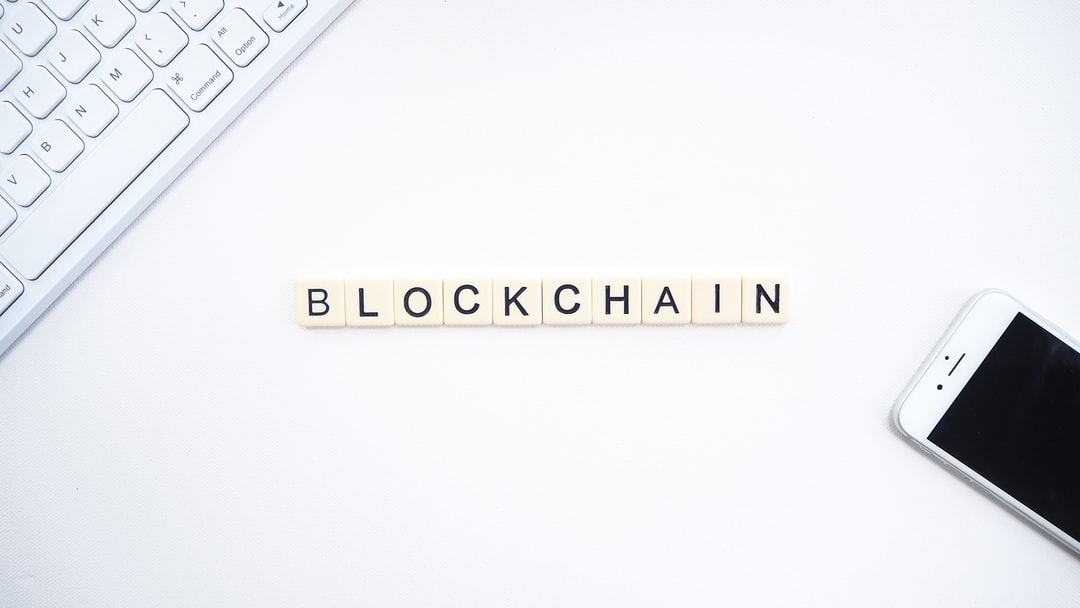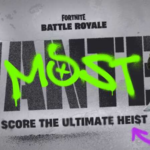Published on: 29/04/2022
How NFTs allow digital ownership in gaming industry

2021 was the year of NFTs. The year was the industry’s rise to popularity, racking up high numbers in both sales and users despite having the majority of its items at high prices.
NFTs have realized what most thought impossible, which is ownership over unique digital items. With its rise in popularity, debates about the integration of NFTs into video games began to take place.
However, many gamers find themselves hating the idea. They view the integration of NFTs as yet another convoluted money grab effort by companies.
That being said, NFTs gaming projects keep appearing, with most taking form in play-to-earn (P2E) games that reward players with cryptocurrency for in-game progression.
NFTs allow genuine digital ownership
The closer people are to blockchain technology and the metaverse, the more likely full ownership of digital assets becomes a necessity.
There are a number of NFT-gaming projects and platforms that are surfacing these days. One of which is IKONIC, the world’s first-ever esports dedicated NFT marketplace.
IKONIC aims to allow an easier NFT-making process. It also plans to provide an easier way for users to list them on their esports dedicated marketplace. The NFTs traded in the IKONIC marketplace are in-game captured moments. According to IKONIC, this would be beneficial for gaming content creators, professional esports players, teams, and casual gamers.
NFTs began their grand foray in revolutionizing full digital ownership in the gaming industry as simple as pixelated retro pictures or digital art of monkeys that cost millions.
For game director Maxwell Scott-Slade, not all digital items should have real-life value. As both the crypto and NFT markets have yet to build their functionality into video games, the concept must be “truly baked” for their integration to make sense to others.
All in all, he also said that the future iterations of NFT-gaming, whatever they might be, must stay relevant to gameplay over other things.
“I think fundamentally the use of NFTs is interesting, but not every item in games need to have value. By no means am I against the idea, but it’s important that the market economics required to actually build the functionality into games has to be considered and truly baked into the concept for it to make sense,” the director said.
“The limiting factor is when gameplay is wholly ignored for the sake of implementing a new technology. These types of products are merely proof of concept, but the future iterations need to be completely managed solutions with lots of flexibility for developers to keep focusing on gameplay.”
Earning opportunities
NFTs are somewhat a reminiscence of other features of online games, including gacha, digital cosmetics, or any similar in-game items that must be purchased with real money.
The gaming industry has been criticized for overdoing its money grab efforts through loot boxes and microtransactions, prompting European countries to ban the features as they resemble gambling.
That being said, the prospects are lucrative as publishers and developers of online games usually make millions from in-game purchases to ensure the video game’s longevity. This is what sets apart online and offline games, as the former requires maintenance to keep the service and revenue stream going.
With NFTs, both publishers and companies offer yet another channel of revenue stream. A few gaming studios have made their journey to implement NFTs in their games. These include Ubisoft, Nintendo, GameStop, EA, Xbox, Konami, and more.
At the moment, NFTs are seen as something bad by the majority of people in the gaming industry. That being said, a wave of change is slowly yet steadily underway, meaning that the adoption of NFTs in the gaming industry may come sometime in the future.



